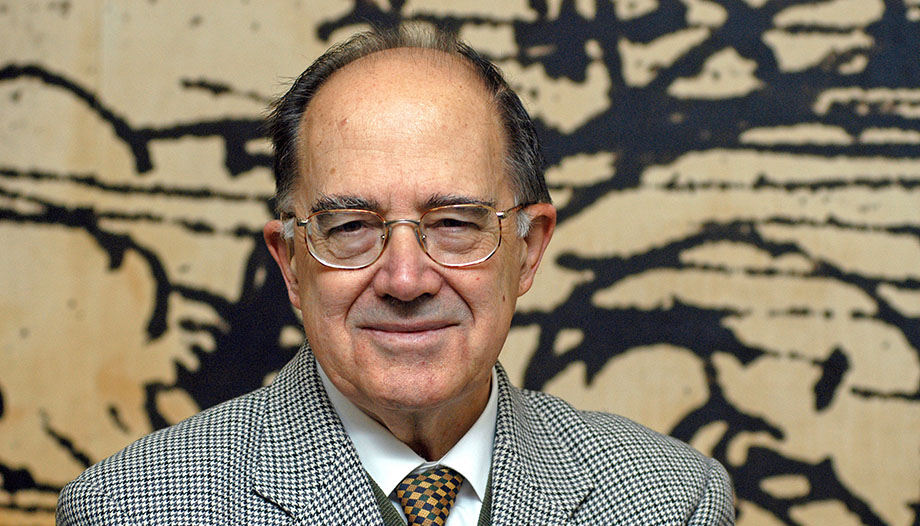In a tribute book to Professor Gonzalo Herranz, the professor of History of Medicine, Diego Gracia, wrote: "I have heard him say repeatedly that he would like this epitaph: "he defended the embryos" ... But I, Gracia continues, would propose another epitaph: "he lived in a friendly attitude and did good"". I think that these two epitaphs are very accurate, and summarize the life of dear Professor Herranz.
Much of his academic and research life was dedicated to defending and promoting the life of the most defenseless human beings, the conceived unborn. She always considered them to be human beings, one of our own, who deserve all our respect. Neither chronological age nor illness can undervalue or diminish their human dignity one iota. As Edmund Pellegrino, an eminent American bioethicist, now deceased, wrote in an endearing letter to Professor Herranz: "he has been eloquent in his defense of human life in all its stages". This unabashed defense caused him serious displeasure in conversations with professional colleagues, such as with Nobel laureate Robert Edward, the father of fertilization. in vitro.
But as Gracia points out, Gonzalo Herranz lived in a friendly attitude and spent his time doing good. His fierce defense of the Truth did not manifest itself in impositions, disqualifications, threats and insults. He always tried to argue his positions seriously and respectfully, and this is what he taught his disciples. It was a delight to attend a meeting with him, and appreciate how he argued with depth and dialogued from listening and humility.
In this sense, I remember that he demanded a lot from us theologians. He reproached us, with affection but firmly, that we had to develop more the "biological muscle", that we had to be more careful and attentive in the treatment of scientific concepts and data, because some theologians had accepted without too much acribia the opinions of scientists who were not very well directed.
But I return to the epitaph proposed by Gracia. Herranz learned to live from his teacher: our Lord Jesus Christ, who went about doing good. As Pellegrino also pointed out in his letter, "I have to consider him as the ideal of the true doctor, truly Catholic". Gonzalo Herranz was deeply Catholic. For this reason, he wrote: "a Catholic with a living faith does not consider the compatibility between science and faith as a radical problem: he believes that God created the world, filled it with infinite beauty, infinite complexity, but also with rationality. He also believes that God has revealed himself in Christ. He believes that there are not two truths, but one, which comes from God". I conclude with some words from his dear friend Enrique Villanueva, which I make my own: "Gonzalo has been a gift for many of us who have had the joy and honor of sharing his work with him and under his sweet and calm authority. He could make his own the words of Amadeo Nervo: whenever there is a hole in your heart, fill it with love".
School of Theology. University of Navarra












